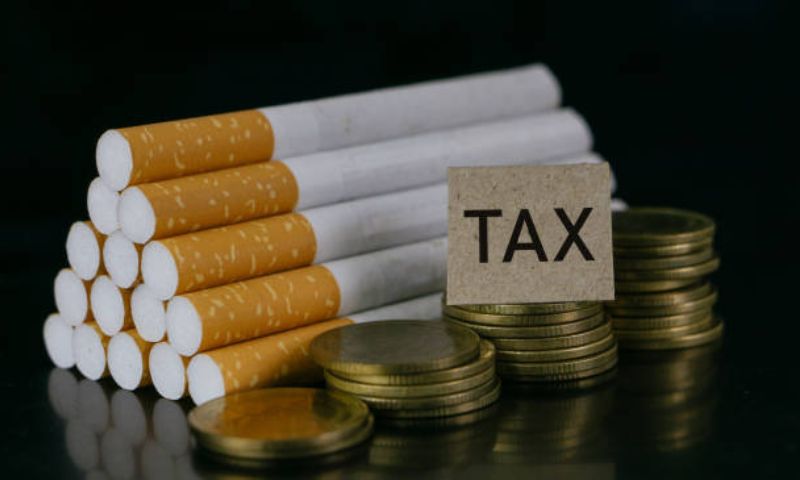The Bangladesh Economic Association (BEA) has proposed a 70% tax on all types of cigarettes and tobacco in the next budget.
The association reckons that doing so will reduce smoking by about 66%, alongside generating revenue of Tk1,700 crore for state coffers.
The proposal was submitted to the National Board of Revenue (NBR) during the pre-budget discussion held at the NBR Building on Sunday (February 18).
The General Secretary of the BEA Professor Dr. Md. Aynul Islam presented the budget proposal. Vice President of the association Professor Hannana Begum was present.
According to the BEA's proposal, imposing a single supplementary duty of 70% on all types of cigarettes would increase the price of cigarettes by an average of 130%.
Smoking will be reduced by 66%. About 70 lakh smokers will quit smoking, and about 71 lakh young people will stop habituating to smoking. Also, the additional tax revenue of the government will be earned at least Tk1700 crores, the proposal stated.
Similarly, the BEA demanded to impose a tax of 70% on all types of tobacco products including smokeless tobacco such as jorda, gul, sadapata, etc.
On the other hand, in the case of bidi, if the tax is imposed at the rate of Tk 4.90 on the retail price of every 25 shalak (piece) packet, the government will be able to collect additional revenue of Tk 800 crore.
The BEA thinks with such a tax increase; revenue earning will be raised and it would help to revive the economy from the ongoing economic crisis. The BEA has a total of 27 new sources of revenue income.
At this time, Prof Aynul said, as a method of gathering resources for the upcoming budget, no pressure can be applied on the general population, such as the poor, lower class, lower middle class, and middle class.
Due to various reasons, this class of people is now in a severe economic crisis. It would be unfair at this moment to rely completely on them as in the past for tax collection.
In that case, the imposition of additional income tax on these three groups - the super-rich, the rich, and the upper-middle class - can be considered, said Prof Aynul.














